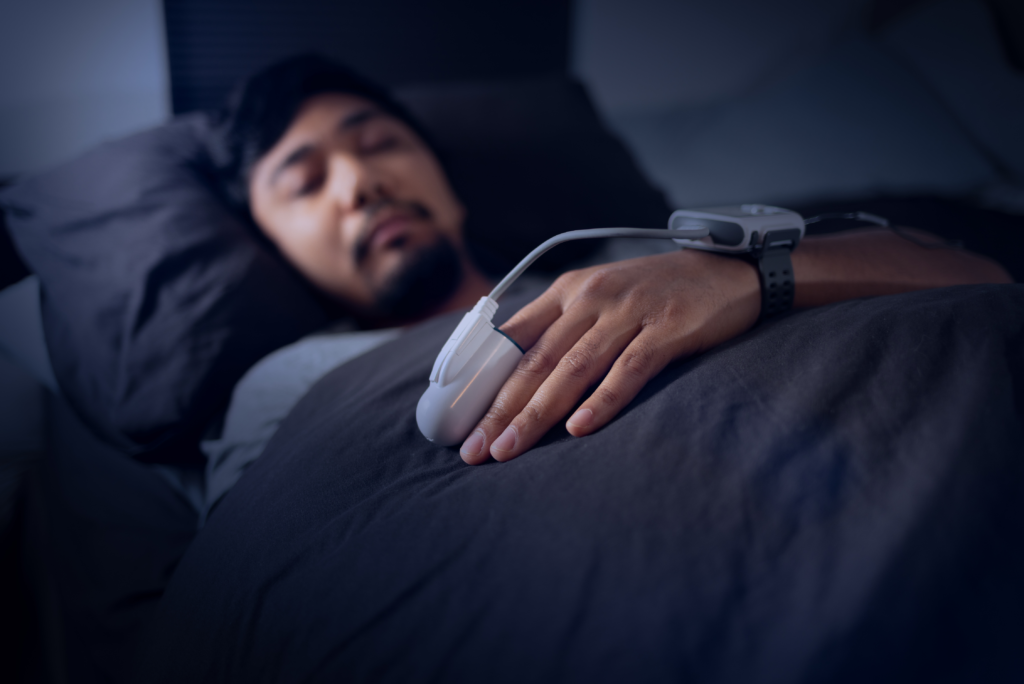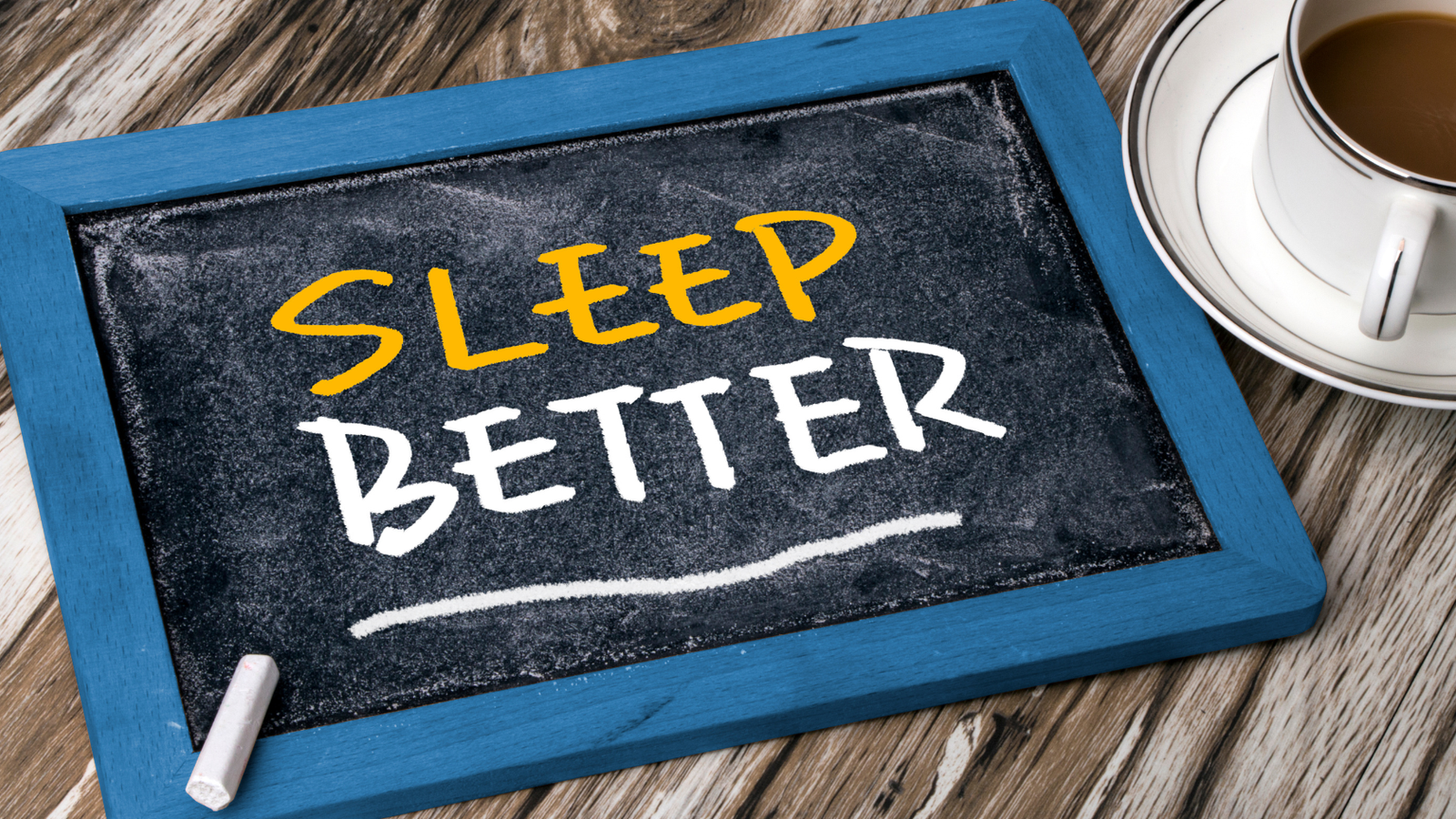Sleep is often overlooked in our busy lives, but it is a cornerstone of physical health and well-being. The lack of sleep can effect our mood, fatigue, cortisol levels, hormonal balance, emotional response, parasympathetic nervous system, and so much more. Most adults are not getting an adequate amount of sleep each night or are waking multiple times a night and struggling to get back to sleep quickly. Some are able to get back to sleep while others are awake for the day at three or four in the morning due to the inability to return to sleep.
For absolute beginners on the journey to better health, understanding the importance of sleep is crucial. You actually can get a good nights sleep and get back to sleep faster if you take into consideration some of the information in this post and are committed to change. In this post, we’ll explore how sleep impacts physical health, the benefits of a good night’s rest, and practical tips to improve your sleep quality.
Table of Contents
Why Sleep Matters
Sleep is more than just a time for rest; it’s a period of time that your body is working to repair and grow cells and tissue in the body. It’s also a time where the chemicals in our brain are regulating and allowing our minds to get much needed rest from the strenuous task of processing information all day long. Here are some key reasons why sleep matters:
Physical Restoration
Muscle Repair and Growth: During rest periods, your body goes into repair mode, fixing muscles and tissues that get worn out during the day. This is particularly important for those who exercise regularly. Your body will not recover properly or it will take much longer to recover if you don’t get adequate sleep.
Cell Regeneration: Sleep aids in the production of new cells, helping wounds heal faster and keeping your skin healthy. Your body is moving and working all day and your brain is also performing the necessary recovery to prepare for the next day of activity. Rest ensures your body can spend the time recovering rather than continuing to break down.
Hormone Production: Important hormones, including growth hormone, are released during sleep, which is crucial for growth, metabolism, and muscle development. Adequate rest can also positively effect cortisol levels which contribute to the way the body processes external and internal stressors in the body. When these hormones are not in balance, many adults experience extreme fatigue, restlessness, lack of clarity, brain fogs, emotional outbursts, anger, inability to perform simple tasks, headaches, and so much more.

Mental Clarity
Memory Consolidation: Sleep helps your brain process and consolidate information from the day, turning short-term memories into long-term ones. How many people do you know struggle with “having terrible memory”? Do you struggle with having terrible memory or memory loss? One key aspect that is often overlooked is the fact that sleep impacts your ability to process information and improves your memory.
Cognitive Function: A good night’s sleep improves concentration, problem-solving skills, and creativity, making you more productive and effective in your daily tasks. The human brain is capable of processing more information than we give it credit for.
When you are reading this, the brain is processing text, font, color, size, shapes, backgrounds, buttons, your shaking leg, fingertips on the mouse scroll or device, temperature in the room, and so much more. Besides that, it is also analyzing information from your peripheral vision. This can be people or objects in the background, noises, smells, and most importantly how you are emotionally processing this information. Your brain is performing these tasks at an immeasurable rate of speed and needs rest from doing this activity all day long.
Emotional Regulation: Adequate rest helps regulate emotions, reducing the likelihood of mood swings, irritability, and stress. Lack of sleep makes people fatigued and tired, this leads to being easily irritable and feeling frustrated with the fatigue. This is followed by high stress environments and having to process so much information from screens, family, friends, co-workers, job, etc. If this is not enough, you also have human dynamics that you need to properly navigate or division, frustration, and strife will ensue. When all of these external and internal stressors are at their peak, then you will start snapping back at others and getting easily frustrated “making a mountain out of a mole hill”. This compounds over the days, weeks, and months leaving you feeling helpless and angry with life. There are so many factors that effect our emotional responses, however, don’t allow sleep to become one of the biggest variables when there are ways to improve.

Immune Function
Enhanced Immune Response: During sleep, your body produces cytokines, proteins that help fight off infections and inflammation. If your body is able to rest, then it can spend more time and energy fighting off infections and supporting the bodies critical systems. Lack of rest in general can weaken your immune response, making you more susceptible to illnesses.
Inflammation Reduction: Along with many other factors, chronic stress and sleeplessness absolutely contribute to the increase in modern day auto-immune diseases. Quality sleep helps reduce inflammation in the body, which is linked to chronic conditions like heart disease, diabetes, and arthritis.
Emotional Well-being
Mood Improvement: Sleep has a profound impact on your mood. Insufficient sleep can lead to increased stress, anxiety, and depression.
Stress Management: Resting helps you handle stress better, providing a sense of calm and balance. If you are always moving through life at a speed of 8 out of 10 for stress, which most adults do, then you will absolutely have issues with sleep. Stress management is an absolutely in depth topic that we will cover at a later time, however, sleep will help improve how you handle stress.

The Benefits of a Good Night’s Sleep
Understanding the benefits of sleep can motivate you to prioritize it. Here are some compelling reasons to get enough sleep:
Improved Physical Performance
Enhanced Athletic and Daily Performance: You don’t need to be an athlete or fitness enthusiast to know the value of sleeping for performance. Adequate sleep enhances coordination, reaction times, and overall physical performance. It also improves the ability to perform daily tasks in a more efficient and easier manner.
Faster Recovery: Sleeping helps your body recover faster from physical exertion, reducing muscle soreness and fatigue. Rest also can lead to faster injury recovery and lessen the chances of future injuries.
Better Heart Health
Blood Pressure Regulation: Consistent, quality rest helps regulate blood pressure levels, reducing the risk of hypertension and other vascular related issues.
Reduced Heart Disease Risk: Sleep helps lower the risk of heart disease by reducing stress and inflammation, improving cholesterol levels, and promoting heart health.
Weight Management
Hormone Regulation: Sleep influences hormones that regulate hunger and appetite, such as ghrelin (which stimulates appetite) and leptin (which signals fullness). Lack of sleep can lead to weight gain by increasing cravings for unhealthy foods and reducing the feeling of fullness after eating.
Metabolism Boost: Adequate sleep supports a healthy metabolism. This helps your body efficiently process and utilize energy which improves metabolic processes and allows the body to prepare to remove toxins and wastes from the body.
Enhanced Immunity
Stronger Immune System: As mentioned earlier, sleep boosts your immune system. Well-rested individuals are better at fighting off common infections like colds and flu.
Reduced Risk of Chronic Illness: Quality sleep helps protect against chronic illnesses like diabetes, obesity, and certain cancers by supporting overall immune function.

Tips for Better Sleep
Improving your sleep quality doesn’t have to be complicated. Here are some practical tips to help you get started:
Establish a Sleep Routine
Consistent Schedule: Go to bed and wake up at the same time every day, even on weekends. This helps regulate your body’s internal clock and improves sleep quality. If you want to wake up earlier or at a set time, then start on a sleep schedule that will get you to your desired sleep time over a period of time.
Pre-Sleep Rituals: Develop a relaxing pre-sleep routine, such as reading a book or taking a warm shower to signal to your body that it’s time to wind down. This is not the time to check emails, get on social media and scroll through your feed, and get on a phone call that you know is going to make you more anxious or stimulated.
Create a Sleep-Friendly Environment
Optimal Conditions: Make your bedroom conducive to sleep by keeping it cool (around 60-67°F or 15-19°C), dark, and quiet. Use blackout curtains, earplugs, or a white noise machine if necessary. Excessive light will not allow you to sleep properly. Sleeping with the TV on or having light stimulation in the room is going to make the brain want to respond to that external stimulation and not allow you to achieve a deep and restful sleep.
Comfortable Bedding: Invest in a comfortable mattress and pillows that provide adequate support and comfort. Choose bedding materials that are breathable and suit your personal preferences.
Limit Screen Time
Reduce Blue Light Exposure: Avoid screens (phones, tablets, computers, TVs) at least an hour before bed. The blue light emitted by screens can interfere with the production of melatonin, a hormone that regulates sleep.
Digital Detox: Consider creating a screen-free zone in your bedroom to reduce distractions and promote a restful environment. It’s ok to remove the TV from the bedroom and promote a more relaxing and intimate environment. This can also lead to more intimate and deeper conversations with your spouse.

Watch Your Diet
Avoid Stimulants: Avoid heavy meals, caffeine, and alcohol before bedtime. These can disrupt sleep patterns and make it harder to fall asleep. Some people can drink a cup of coffee and go straight to sleep. But lets be honest and say up front that it is not the preferred method. Caffeine is going to stimulate your body and you will not be able to enter into a deep restful sleep as you would without the drink with caffeine. If you eat heavy meals your body will be working very hard to break down that food while trying to stick to the sleep schedule and wind the body down. Its counterintuitive!
Healthy Snacks: If you need a snack before bed, opt for light, sleep-friendly foods like a small bowl of oatmeal, a banana, or a handful of almonds. Something that will satisfy the feeling of hunger but not expend so much energy breaking down and storing in the body as fat.
Exercise Regularly
Physical Activity: Regular physical activity can help you fall asleep faster and enjoy deeper sleep. Aim for at least 30 minutes of moderate exercise Monday thru Friday if possible. Opt for a family or friend outing that is physical on Saturdays when everyone can be together and build unity with one another.
Timing: Avoid vigorous exercise close to bedtime, as it can be stimulating and make it harder to fall asleep.
Staying Motivated to Prioritize Sleep
Building a healthy sleep routine can be challenging, but staying motivated is key. Here are some tips to help you stay on track:
Set Realistic Goals
Small Steps: Start with small, achievable goals like going to bed 15 minutes earlier each week until you reach your desired bedtime. You can also read The Ultimate Guide on How to Set Physical Fitness Goals and gather the necessary information to set goals and ensure you see them through.
Track Progress: Use a sleep diary or a sleep tracking app to monitor your progress and identify areas for improvement. The more you write down, the more you can track and improve. There are also apps and devices that can help track and monitor patterns and areas of improvement over time.

Find Support
Accountability: Share your sleep goals with friends or family members. Their encouragement and support can help you stay committed. Look into the family routine and see if it may be time for everyone to have a more structured wake, rest, and sleep/rest cycle. If it is something the whole family is doing, it’s easier to maintain and see through.
Conclusion
Most adults struggle immensely to get a restful night’s sleep. Rest is a powerful tool for improving physical health and overall well-being. By understanding its importance and implementing practical tips, you can transform your sleep habits and enjoy the multitude of benefits that come with a good night’s rest. Remember, it’s not about perfection but about making gradual, sustainable improvements over time. Don’t allow excuses to get in the way of your progress. Decide today that this needs to change and start making the necessary changes.



